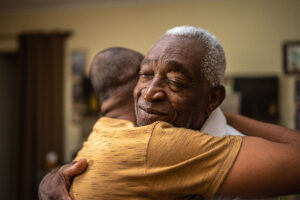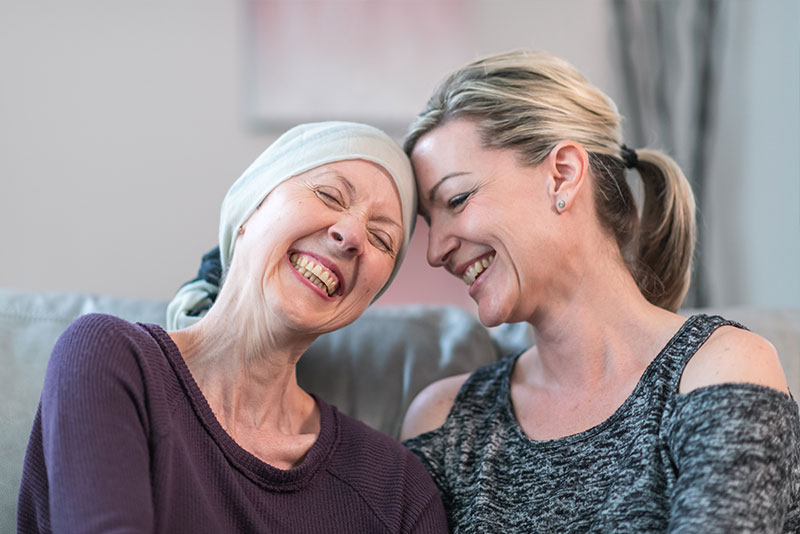What Are Catastrophic Reactions in Alzheimer’s, and How Should You Handle Them?


Learn about catastrophic reactions in Alzheimer’s, including what to watch for, how to prevent them, and how to manage them if they occur.
Caring for someone with Alzheimer’s is a little like walking through shifting sands. Just when you think you’ve found steady ground, the landscape changes. One of the most startling effects you may encounter is what’s known as catastrophic reactions in Alzheimer’s disease—a sudden, overwhelming emotional outburst that can erupt from something as simple as a routine question or a minor change in environment.
These reactions are often intense: shouting, tears, fear, or even aggression. To an outsider, they may appear to come out of nowhere. But for the person living with Alzheimer’s, they are very real, stemming from a brain that’s struggling to process too much information at once.
Why Catastrophic Reactions Happen
Think of the brain as a filter. For someone with Alzheimer’s, that filter has holes, making it harder to sort what’s happening around them. A request to change clothes, a noisy television in the background, or an unexpected visitor might overwhelm their senses. The result? A flood of emotions that spills out in the form of a catastrophic reaction.
Triggers often include:
- Sudden changes in routine or surroundings
- Fatigue or overstimulation
- Physical discomfort or unmet needs
- Miscommunication or confusing instructions
Understanding these triggers can help you prepare for and prevent future episodes.
Turning Down the Volume on Catastrophic Reactions
While it may not be possible to eliminate catastrophic reactions completely, there are creative and practical strategies that can lessen their intensity and frequency:
1. Keep Life Predictable
Familiarity is calming. Sticking to consistent meal times, daily activities, and sleep schedules provides a steady rhythm that can ease anxiety.
2. Shape the Environment
Small changes to the living space can make a big impact. Soft lighting, reduced background noise, and treasured personal items create surroundings that feel safe.
3. Simplify Communication
Choose words carefully. Short, clear sentences paired with a calm tone go a long way. A gentle smile or reassuring touch can sometimes speak louder than any words.
4. Offer Choices
Even small decisions help restore a sense of independence. Asking, “Would you like tea or juice?” gives the person control, which may prevent frustration from building.
5. Recognize Early Signs
Often, agitation starts before a full-blown reaction. Pacing, fidgeting, or a worried expression may be cues that it’s time to step in with a quiet space, soothing music, or a calming activity.
6. Stay Steady Yourself
When a catastrophic reaction does happen, your response matters. Remaining calm, validating their feelings, and avoiding arguments can help de-escalate the situation faster than trying to reason or correct.
When You Feel Overwhelmed
Even with preparation, catastrophic reactions in Alzheimer’s can be draining for family caregivers. They not only affect the individual experiencing them, but also leave loved ones feeling shaken or unsure of what to do next. This is where professional dementia care becomes invaluable. Experienced caregivers are trained to anticipate, prevent, and gently manage these reactions, helping restore balance and peace to the household.
Learn How We Can Help
If catastrophic reactions have become a part of your reality, you don’t have to face them alone. Having the right strategies—and the right support—can change everything. At Hired Hands Homecare, our dementia care experts understand the challenges and are here to provide calm, comfort, and guidance.
Call us at (866) 940-4343 to learn more about our specialized Alzheimer’s care in San Rafael, Novato, Petaluma, and throughout the Bay Area. Together, we can make each day safer, calmer, and more meaningful.








Leave a Reply